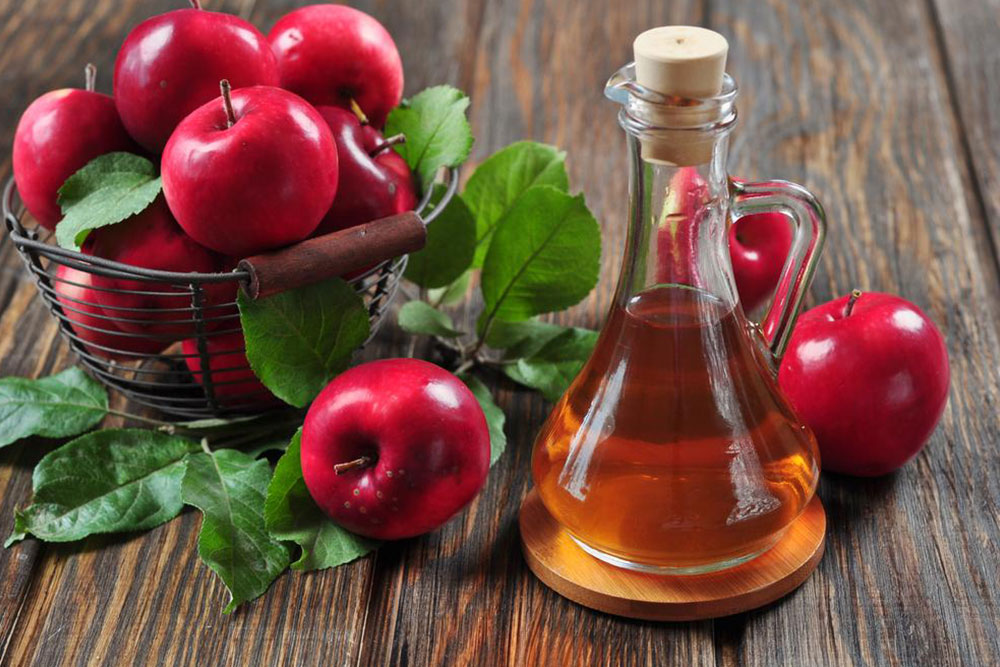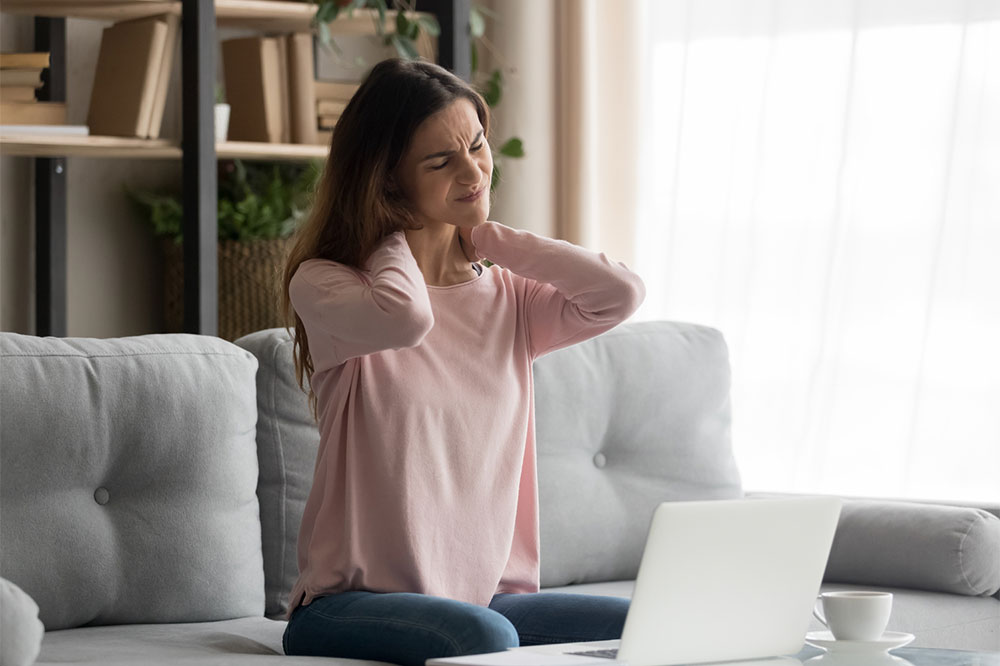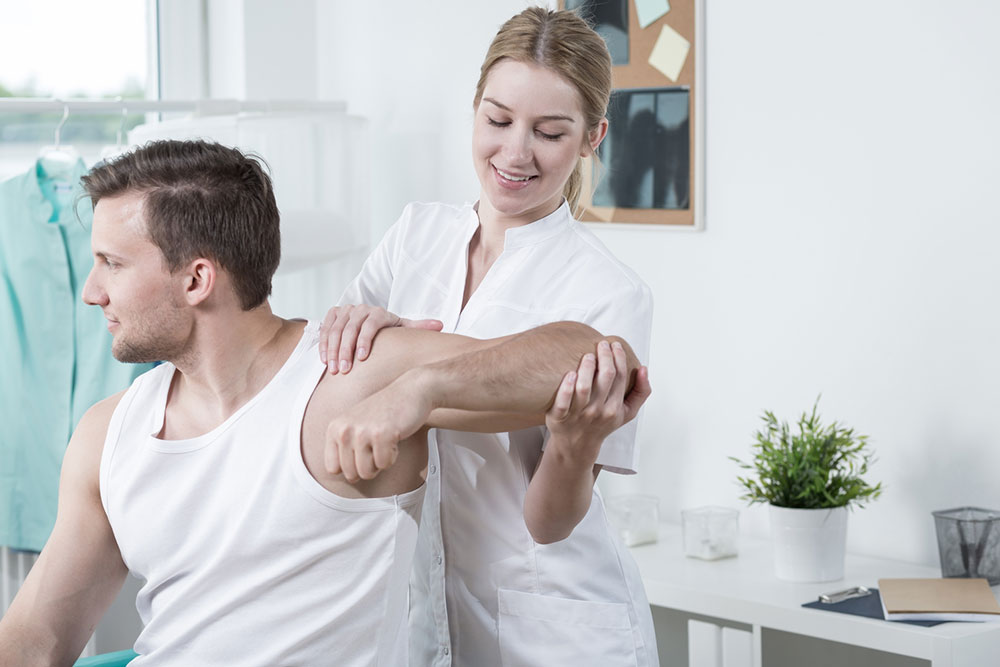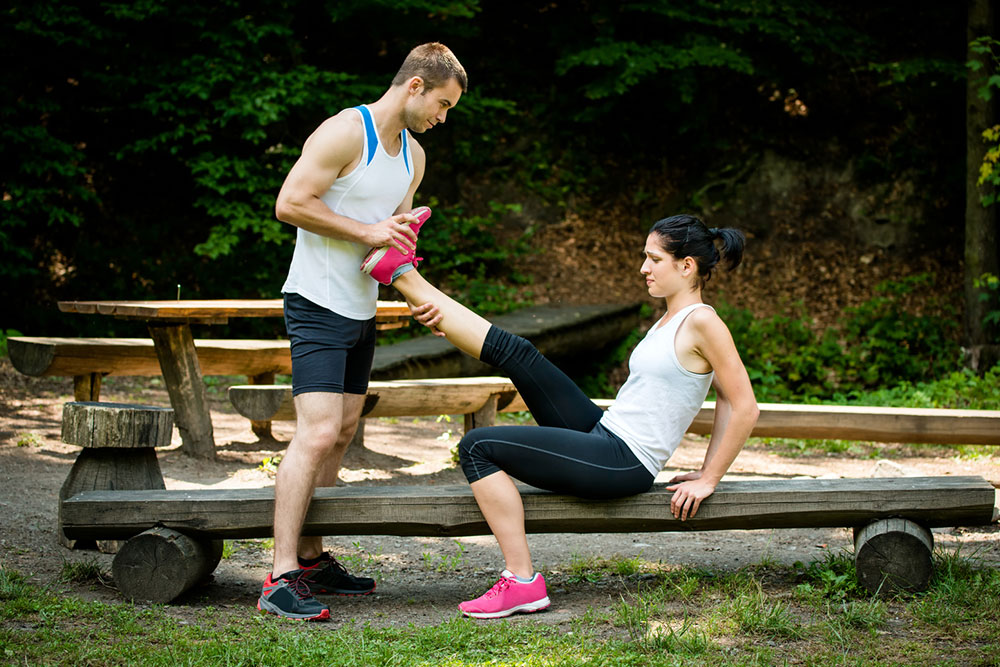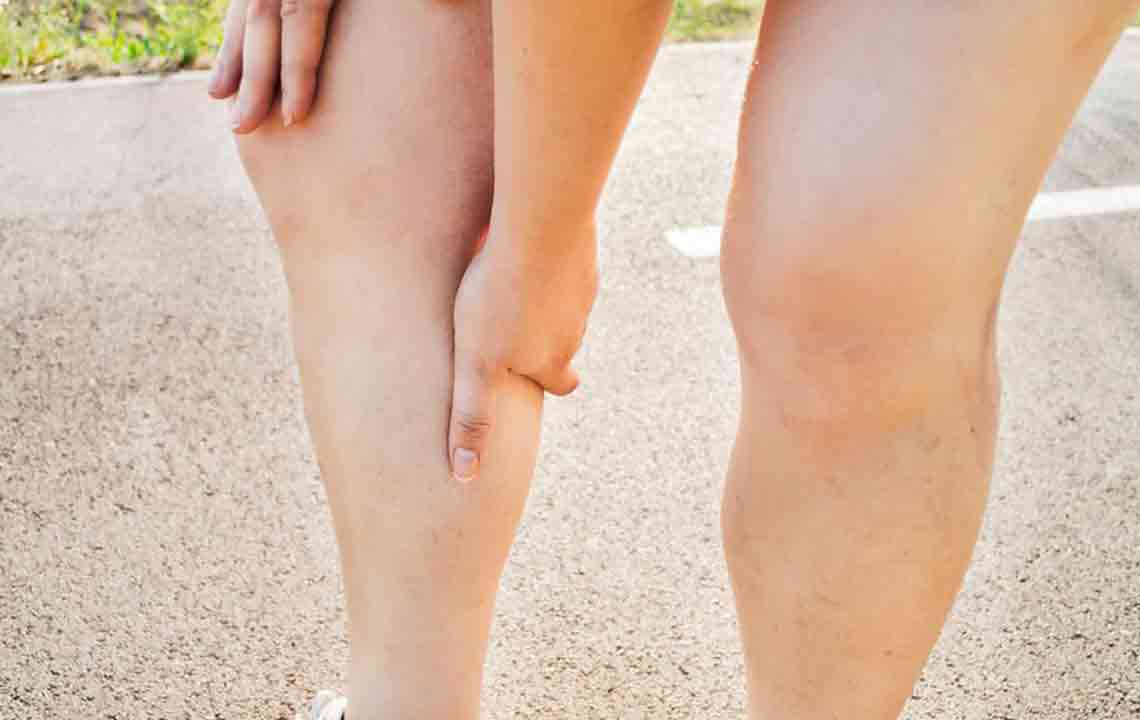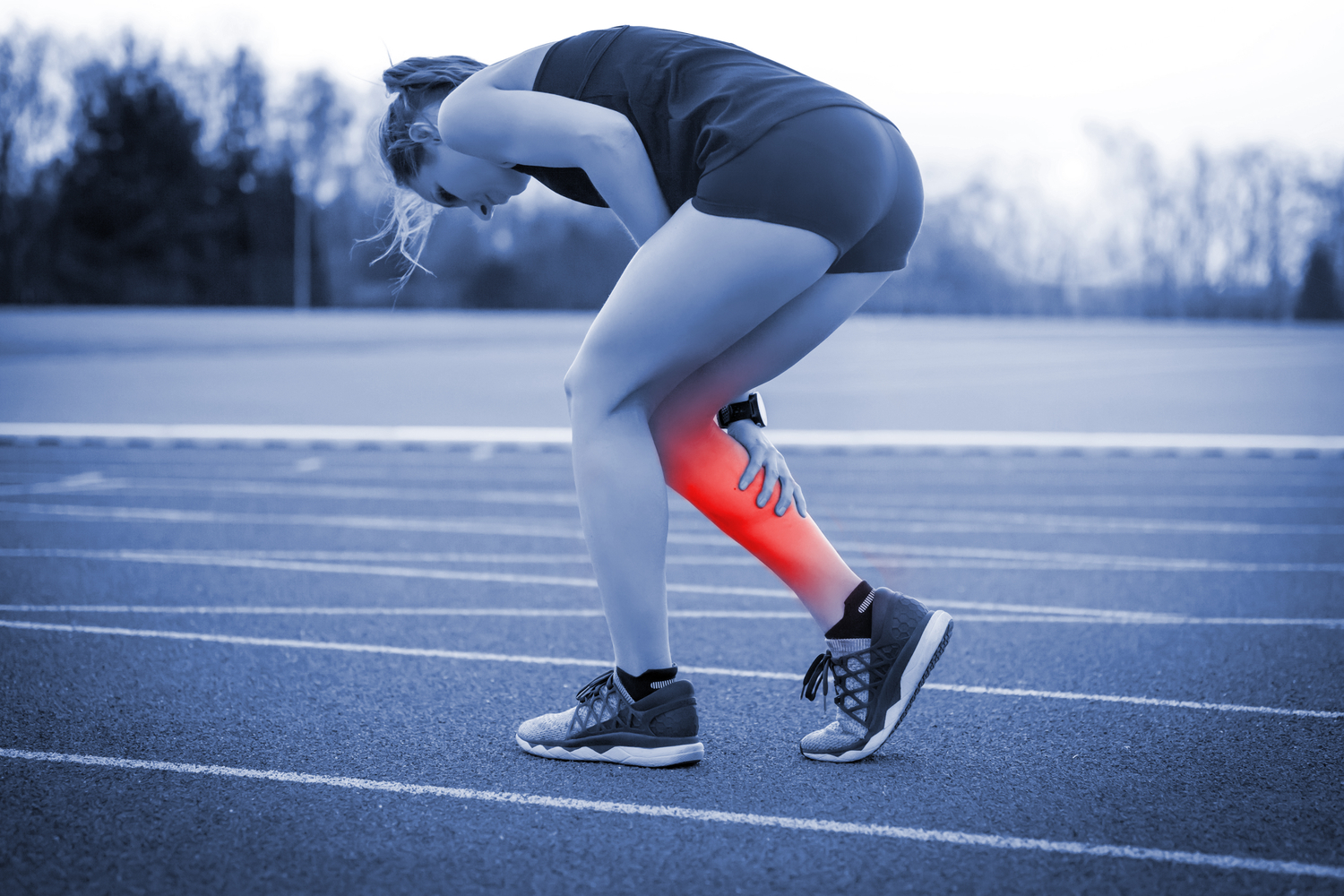Comprehensive Natural Approaches to Relieve Muscle Cramps Effectively
This comprehensive guide explores natural and effective methods to soothe muscle cramps quickly. It covers causes, symptoms, risk factors, and practical home remedies like massage, heat/cold therapy, dietary adjustments, and essential nutrients to prevent and relieve cramps. Perfect for those seeking non-medical relief, this article emphasizes maintaining hydration, proper nutrition, and gentle exercise for long-term muscle health. Whether you're an athlete, pregnant woman, or elderly, learn how to manage muscle spasms efficiently and regain comfort in everyday life.

Comprehensive Natural Approaches to Relieve Muscle Cramps Effectively
Muscle cramps are a widespread and often sudden occurrence, characterized by involuntary muscle contractions that can cause significant discomfort and temporary loss of functionality. These cramps can last from just a few seconds to several hours and may recur if not properly addressed. Although muscle cramps are more common among adults, children are also susceptible, making it important to understand effective methods to manage and prevent them. Knowing the causes, symptoms, risk factors, and natural remedies for muscle cramps can empower individuals to find quick relief and prevent future episodes. This article explores detailed strategies to alleviate muscle cramps naturally, helping you regain comfort and mobility efficiently.
What Are Muscle Cramps?
Muscle cramps are abrupt, involuntary contractions or spasms that occur within muscles, often without warning. They are typically caused by muscle fatigue, dehydration, or electrolyte imbalances, and are common after intense physical activity or prolonged exertion.
Environmental factors such as high temperatures and humidity can increase the likelihood of cramps, especially during outdoor activities.
In addition to these, certain medications and underlying health conditions can predispose individuals to experience muscle cramps more frequently.
While generally harmless, cramps can lead to intense pain that temporarily hampers movement and can be quite distressing.
Recognizing the Signs and Symptoms of Muscle Cramps
Most commonly, cramps affect the calves but can also involve the thighs, feet, arms, shoulders, or neck regions.
Sudden, sharply localized pain is typical, often accompanied by a palpable knot or lump within the muscle tissue.
In some cases, the skin over the affected muscle may appear tense or swollen, and muscle weakness can occur temporarily following a cramp.
Risk Factors That Increase the Likelihood of Muscle Cramps
Age: As people age, muscle tissues tend to weaken and degenerate, making muscles more prone to cramping and fatigue.
Dehydration: Insufficient fluid intake, especially during hot weather or physical exertion, is one of the primary causes of muscle cramps due to electrolyte imbalances.
Pregnancy: Physiological and hormonal changes during pregnancy can disrupt electrolyte levels and increase muscle cramping episodes.
Medical Conditions: Chronic illnesses such as diabetes, nerve disorders, thyroid problems, and liver issues can heighten the risk of cramps by affecting nerve functioning and electrolyte balance.
Effective Home Remedies for Muscle Cramp Relief
When muscle cramps strike unexpectedly, immediate relief is essential to reduce pain and prevent further discomfort. Here are some proven home remedies to help alleviate muscle cramps naturally:
Gentle Massage and Stretching: Carefully massaging the affected muscle can help stimulate blood flow and relax the spasm. Light stretching, such as pulling the toes upward or stretching the calf muscle, can help ease the cramp. If walking isn’t feasible, lying down and performing gentle stretches can be equally effective.
Alternating Heat and Cold Therapy: Applying a warm towel, heating pad, or hot water bottle can relax tight muscles and enhance circulation. Conversely, cold packs or ice wrapped in a cloth can numb nerve activity and reduce inflammation. Alternating between hot and cold compresses, several times, can offer significant relief and quickening recovery.
Topical Use of Clove Oil: Clove oil possesses anti-inflammatory properties and is rich in minerals that support muscle recovery. Topical application or dilution with carrier oils can soothe cramping muscles. Some individuals also incorporate clove oil into warm baths for a relaxing and pain-relieving experience.
Regular Light Exercise and Adequate Rest: Maintaining an active lifestyle with moderate exercise routines enhances muscle strength and flexibility, decreasing the likelihood of cramps. However, overexertion without proper warm-up and rest periods can trigger cramps, so balance is key.
Optimizing Dietary Intake and Hydration: Proper nutrition plays a vital role in preventing cramps. Focus on replenishing electrolytes by consuming foods rich in potassium, magnesium, calcium, and sodium. Hydration is equally important; drinking enough water throughout the day helps maintain electrolyte balance. Incorporate nutrient-dense foods such as:
Leafy greens like kale, spinach, and collard greens
Cruciferous vegetables including broccoli and cabbage
Starchy vegetables such as sweet potatoes, butternut squash, and carrots
Omega-3 rich fatty fish like salmon, mackerel, and sardines
Lean meats such as chicken and turkey
Fruits high in potassium like bananas, oranges, apricots, and grapes
In addition to these remedies, reducing intake of processed foods high in salt, sugar, and unhealthy fats can help prevent electrolyte imbalances, further decreasing cramp episodes. It’s also important to consult healthcare professionals if cramps are frequent, persistent, or severe, as they may be signs of underlying health issues requiring medical attention.
